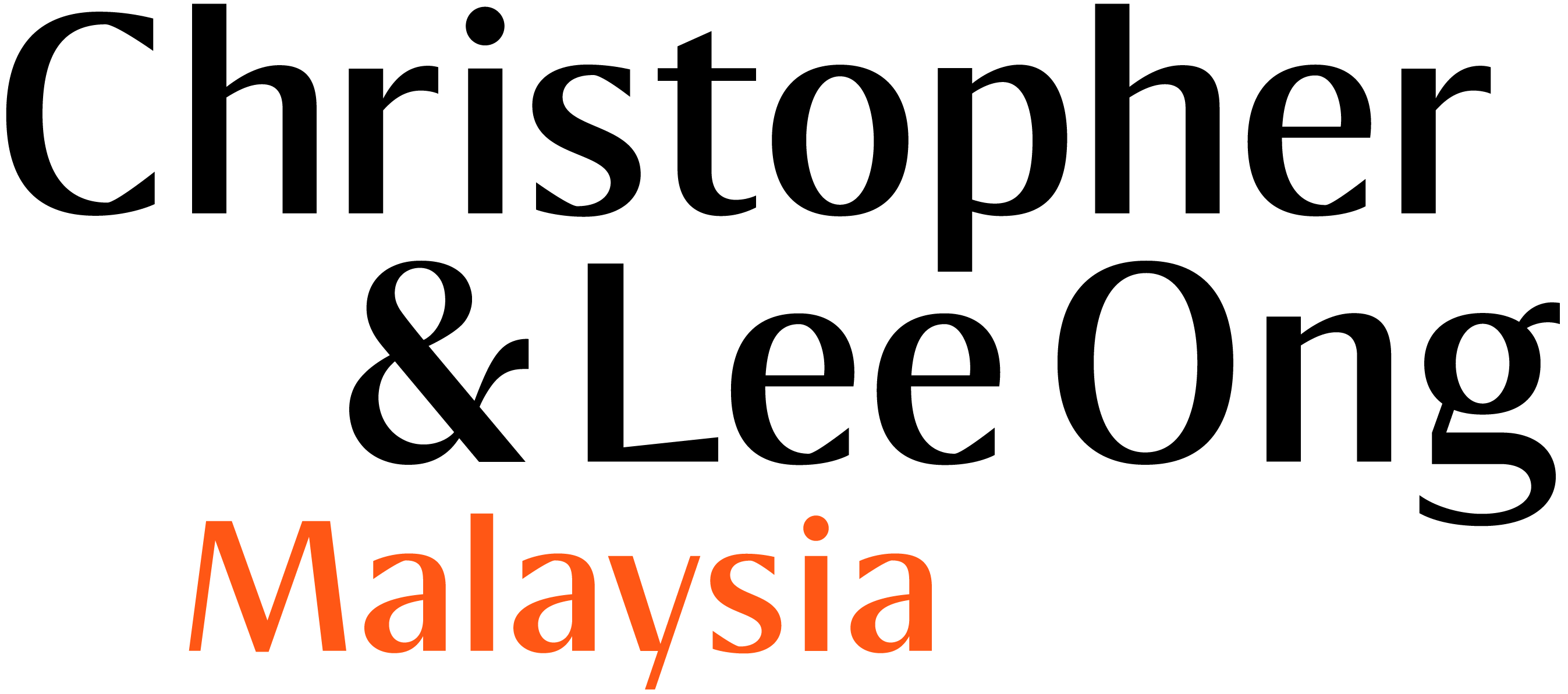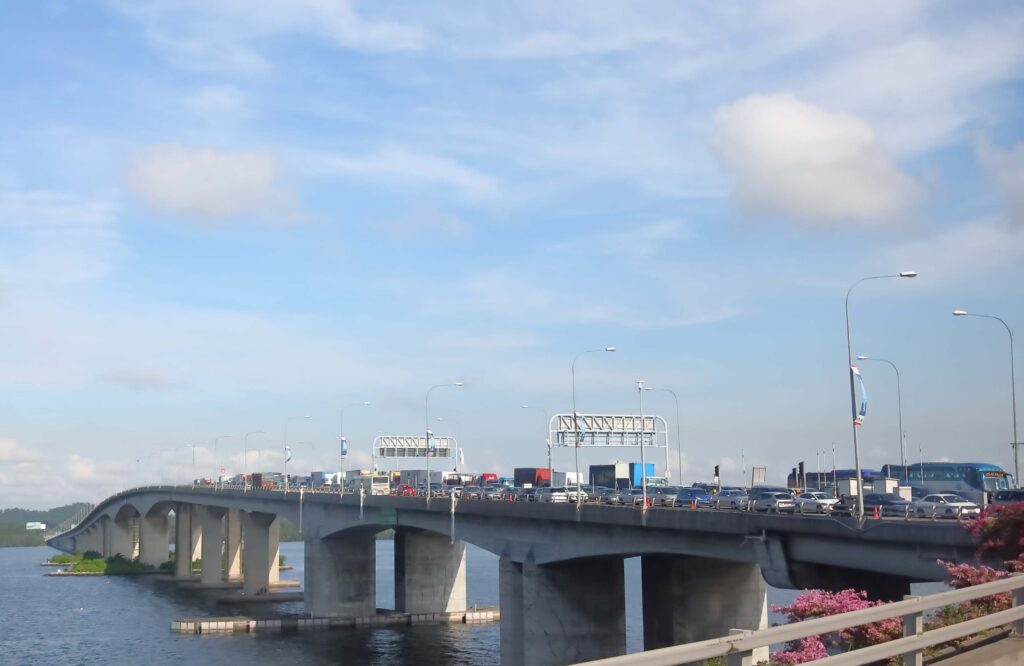Introduction
The Johor-Singapore Special Economic Zone (“JS-SEZ“) represents a strategic initiative aimed at transforming the border region between Malaysia’s Johor state and Singapore into a premier economic hub. Announced with the objective of fostering deeper economic integration and regional development, the JS-SEZ is poised to play a pivotal role in boosting trade, investment, and innovation across Southeast Asia, with a focus on sectors such as electronics, financial services, business-related services and healthcare. This article delves into the JS-SEZ’s objectives, current progress and its potential economic impact on the region.
Background: Genesis of JS-SEZ
The JS-SEZ is a result of a well-considered decision grounded in economic and geographical factors.
In late October 2023, Malaysian Prime Minister Anwar Ibrahim and Singaporean Prime Minister Lee Hsien Loong (as he was then) held a two-day leaders’ retreat in Singapore. The 10th Singapore-Malaysia Leaders’ Retreat was a significant event in our bilateral relations, where the JS-SEZ was introduced as a vehicle for mutual economic gains. A Memorandum of Understanding (“MoU“) was signed on 11 January 2024, establishing a joint committee co-chaired by Malaysia’s Economy Ministry and Singapore’s Trade and Industry Ministry.[1] In response to the MoU, the Invest Malaysia Facilitation Centre Johor was established and has commenced interim operations, with the Iskandar Regional Development Authority leading its management.[2]
The JS-SEZ is planned to be situated in Malaysia’s Iskandar region and potentially covering an area over 3,000 square kilometres, approximately four times the size of Singapore. This initiative capitalises on Johor’s strong economic growth and significant investments from Singapore. In 2023 alone, Johor attracted RM43 billion in investments, including RM21.5 billion in foreign direct investment (“FDI“) from Singapore, China, and South Korea. The substantial bilateral trade between Singapore and Malaysia, which has reached up to US$83.53 billion annually, highlights the profound economic interdependence of the two nations.[3]
The JS-SEZ is built on three aspirations: (i) enhancing mobility, (ii) cultivating a robust business ecosystem, and (iii) attracting investments to the region.
In terms of the timeline, at the end of the three-day meeting scheduled from 28 August 2024 to 30 August 2024, the governments of both nations view the JS-SEZ as a win-win initiative that benefits businesses and communities in both countries. The details and incentives are still being fine-tuned with the official signing of the JS-SEZ agreement expected within the fourth quarter of this year.
Malaysia’s Existing Investment Corridors
Malaysia has several existing investment corridors that bear similarities to the JS-SEZ, including:[4]
- East Coast Economic Region: Focuses on tourism, oil and gas, manufacturing, agriculture, and education;
- Sabah Development Corridor: Emphasises agro-based industries, tourism, logistics, and manufacturing;
- Sarawak Corridor of Renewable Energy: Concentrates on resource-based industries, energy, and tourism; and
- Northern Corridor Economic Region: Targets modern agriculture, manufacturing and design, tourism, logistics, education, and health.
The JS-SEZ is poised to replicate the success of China’s Shenzhen Special Economic Zone, which serves as a bridge between Hong Kong and Mainland China by leveraging Hong Kong’s capital, logistical support, and management expertise.[5] Shenzhen has evolved into a major transport hub and economic centre for high-tech industries, financial services, exports, and maritime transport. Similarly, the JS-SEZ is anticipated to attract multinational companies to Johor. Effective policy formulation and implementation will be crucial for facilitating FDI into Johor, necessitating well-developed infrastructure and incentives to attract foreign investment and skilled labor.
Key Initiatives Supporting the JS-SEZ
Several initiatives are being proposed to support the development of the JS-SEZ:[6]
- One-Stop Business/Investment Service Centre in Johor
This centre will streamline the application processes for various approvals and licences required for foreign businesses setting up in Johor. It will involve cooperation among federal and state agencies, addressing matters such as land, town planning , and local transport, providing significant advantages for companies aiming to establish a presence in Southeast Asia.
- Special Passes
Special border passes for company executives are designed to address manpower and congestion concerns. These passes allow senior management officials of firms which are part of the JS-SEZ to travel efficiently between Singapore and southern Johor.
- Passport-Free QR Code Clearance
Implementation of a passport-free quick response (“QR“) code clearance system to expedite the movement of people at land checkpoints. Car travellers currently use QR codes for immigration clearance at Singapore’s Woodlands and Tuas checkpoints, while Malaysia is testing a similar system for travellers crossing the Johor-Singapore Causeway.
- Digitised Processes for Cargo Clearance
Adoption of digitised processes for cargo clearance at land checkpoints is underway. This includes the implementation of streamlined customs procedures and expedited digital customs clearance, such as adoption of ASEAN Custom Transit System to enhance the efficiency of cross-border trade within ASEAN.
- Investors Forum
Co-organising investors’ forum to gather feedback from businesses in Singapore and Malaysia on the JS-SEZ. A forum was organised by the Ministry of Economy and in collaboration with the Johor state government on 10 July 2024, as part of an ongoing efforts to refine the JS-SEZ based on investor feedback.
- Renewable Energy Cooperation
Facilitating Malaysia-Singapore renewable energy cooperation within the JS-SEZ. One of the initiatives is cross-border electricity trading.
- Training and Work-Based Learning Initiatives
Training and work-based learning programs will be curated to address talent and skills gaps in industries relevant to the JS-SEZ.
- Joint Promotion Events
Joint promotion events between Johor and Singapore will be organised to promote trade and investment in the JS-SEZ.
Benefits of the JS-SEZ
The JS-SEZ is a transformative initiative designed to enhance economic collaboration between Johor and Singapore. By leveraging the economic strengths of both regions, the JS-SEZ is anticipated to provide a range of significant benefits:
- Investment Attraction and FDI
The JS-SEZ aims to attract foreign investment through incentives such as tax breaks, streamlined regulatory processes, and improved infrastructure, creating an attractive investment environment[7].
- Market Access and Global Integration
Enhanced market access and global integration are key benefits, as SEZs facilitate easier access to global markets through improved logistics and trade facilitation[8]. The JS-SEZ is expected to create 400,000 high-income jobs, boost household incomes in Johor, and target a GDP of RM260 billion with an annual growth rate of 7 percent[9]. It also aims to address regional economic disparities and promote economic diversification.
- Job Creation and Economic Development
The initiative will address skill shortages through training programs and partnerships with educational institutions, enhancing the movement of skilled labour and the exchange of ideas and best practices.[10]
- Tax and Regulatory Incentives
The JS-SEZ is expected to offer significant tax and regulatory incentives, including tax exemptions or reductions on corporate income tax, value-added tax (VAT), and customs duties, along with a more relaxed regulatory environment with simplified licensing processes and reduced bureaucratic hurdles.[11]
Sector-Specific Advantages
Johor Chief Minister Onn Hafiz Ghazi has identified 16 key economic sectors for the JS-SEZ, including electrical and electronics, medical and pharmaceutical, aviation, specialty chemicals, logistics, healthcare, and education. The JS-SEZ’s value proposition is largely driven by private sector investment, with venture capital (VC) and private equity (PE) expected to play a crucial role in attracting high-value industries and building a robust economic system.[12]
- Manufacturing and Warehousing
The JS-SEZ supports growth in manufacturing and warehousing sectors by providing access to advanced facilities and a skilled workforce. Key sectors include electronics, semiconductors, automotive, chemicals, and machinery.
- Logistics and Supply Chain
The JS-SEZ enhances transport infrastructure and benefits logistics companies by improving warehousing, distribution, and supply chain management, optimising operations and reducing transit times.
- Tourism and Hospitality
The JS-SEZ’s development may attract tourists and business travellers, boosting the tourism and hospitality sectors with opportunities for hotels, restaurants, and entertainment venues.
- Real Estate Development
The JS-SEZ is expected to drive property values up in Johor, attracting interest from real estate developers and investors across various property developments in residential, commercial, industrial, and hospitality segments.
- Financial Services
The JS-SEZ is likely to have increased economic activity that stimulates growth in the financial services sector, benefiting banks, insurance companies, and fintech firms.
- Retail and Consumer Goods
The JS-SEZ will create opportunities for retail businesses and consumer goods industries, leading to the development of shopping centres and other retail outlets.
- Green Technology and Sustainability
The JS-SEZ is anticipated to promote green technology and sustainability projects, including renewable energy initiatives and eco-friendly infrastructure.
- Technology and Innovation
The JS-SEZ aims to foster innovation through research and development (R&D) and technology transfer, benefiting high-tech industries such as information technology (IT), biotechnology, and renewable energy.
- Education and Training
Institutions involved in vocational training and higher education can benefit from partnerships with businesses in the JS-SEZ, accessing new funding opportunities and collaborative projects.
- Biotechnology and Pharmaceutical
The JS-SEZ is expected to support biotech and pharmaceutical companies with specialised facilities and research opportunities with academic institutions. This environment is ideal for developing new products and conducting clinical trials.
Conclusion
The JS-SEZ is a pivotal initiative aimed at enhancing economic collaboration and growth between Malaysia and Singapore. By focusing on high-value industries, innovative technologies, and sustainable practices, the JS-SEZ is poised to become a major economic hub in Southeast Asia. A flagship component of the JS-SEZ is the Rapid Transit System Link (RTS), which will connect Johor and Singapore, symbolising the project’s commitment to improved regional connectivity[13]. The ongoing developments, including infrastructure improvements and collaborative projects, are expected to strengthen the JS-SEZ’s role in fostering regional prosperity and attracting international investment.
We invite you to reach out to us if you have any queries or wish to pursue opportunities in any of the sectors highlighted above. With our local teams in both Malaysia and Singapore, we are well placed to advise and support your business and investments in the JS-SEZ.
Please click here for the Simplified Chinese version of the Update.
__________________________________
[1] Joint Statement by PM Lee Hsien Loong and PM Dato’ Seri Anwar Ibrahim at the 10th Singapore-Malaysia Leaders’ Retreat dated 30 October 2023
[2] Malaysia, Singapore Sign MOU on Johor-Singapore Special Economic Zone (Prime Minister’s Office of Malaysia News Release, 11 January 2024)
[3] JS-SEZ to be finalised in September (The Star, 11 July 2024)
[4] Malaysia’s Economic Corridors (available on the Malaysia Investment Development Authority website)
[5] Building Engines for Growth and Competitiveness in China (published by The World Bank, 2010)
[6] Malaysia and Singapore Strengthens Economic Connectivity with Johor-Singapore Special Economic Zone (Ministry of Trade and Industry Singapore Press Release, 11 January 2024)
[7] JS-SEZ to be finalised in September | The Star (11 July 2024)
[8] JS-SEZ to be finalised in September | The Star (11 July 2024)
[9] Singapore’s sophistication, Johor’s cheaper cost create ‘best of both worlds’ for SEZ between both sides: Rafizi | Channel News Asia (10 July 2024)
[10] Johor set to be first Malaysia state to offer ‘premium’ salaries for sectors related to proposed SEZ with Singapore | Channel News Asia (4 Nov 2024)
[11] JS-SEZ Aims To Create Economic Synergy Between Malaysia And Singapore As A Global Hub – MoF | BERNAMA (18 Oct 2024)
[12] Singapore’s sophistication, Johor’s cheaper cost create ‘best of both worlds’ for SEZ between both sides: Rafizi | Channel News Asia (10 July 2024)
[13] Singapore and Malaysia strengthen ties with MOU on special economic zone with Johor; RTS Link is 65% completed | The Business Times (11 January 2024)
Disclaimer
Rajah & Tann Asia is a network of member firms with local legal practices in Cambodia, Indonesia, Lao PDR, Malaysia, Myanmar, the Philippines, Singapore, Thailand and Vietnam. Our Asian network also includes our regional office in China as well as regional desks focused on Brunei, Japan and South Asia. Member firms are independently constituted and regulated in accordance with relevant local requirements.
The contents of this publication are owned by Rajah & Tann Asia together with each of its member firms and are subject to all relevant protection (including but not limited to copyright protection) under the laws of each of the countries where the member firm operates and, through international treaties, other countries. No part of this publication may be reproduced, licensed, sold, published, transmitted, modified, adapted, publicly displayed, broadcast (including storage in any medium by electronic means whether or not transiently for any purpose save as permitted herein) without the prior written permission of Rajah & Tann Asia or its respective member firms.
Please note also that whilst the information in this publication is correct to the best of our knowledge and belief at the time of writing, it is only intended to provide a general guide to the subject matter and should not be treated as legal advice or a substitute for specific professional advice for any particular course of action as such information may not suit your specific business and operational requirements. You should seek legal advice for your specific situation. In addition, the information in this publication does not create any relationship, whether legally binding or otherwise. Rajah & Tann Asia and its member firms do not accept, and fully disclaim, responsibility for any loss or damage which may result from accessing or relying on the information in this publication.











